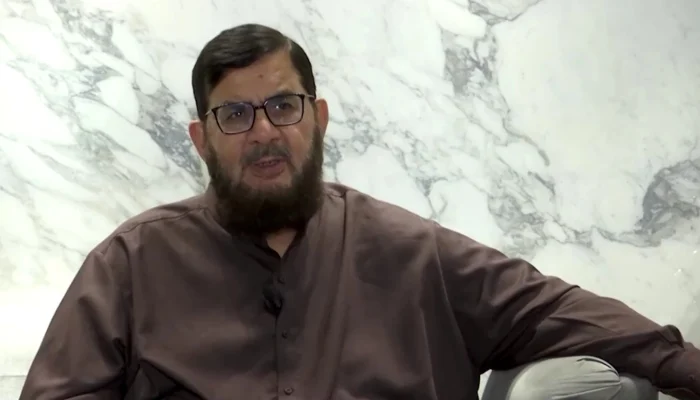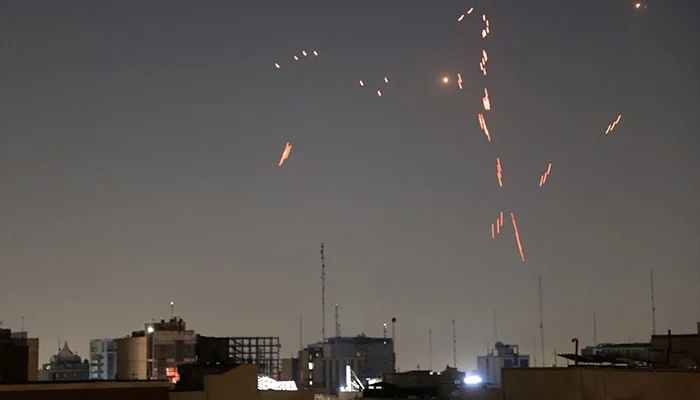
Despite widespread global concern, Pakistan appears to be relatively insulated from the fallout of global tariffs recently imposed by the United States. According to Aqeel Karim Dhedhi, chairman of the Karachi-based AKD Group, the country has not faced the same level of economic disruption as others. In an interview with Reuters on April 9, Dhedhi emphasized that Pakistan’s limited export volume and ongoing economic reforms have helped it absorb the impact more effectively.
Low Export Volume, High Imports Buffer Impact
Dhedhi pointed out that since Pakistan’s exports remain relatively low while imports are still high, the effect of U.S. tariffs has been less pronounced. While inflation is expected to rise slightly, he believes it will not reach the levels seen in other major economies hit by the tariffs.
“The whole world is facing a downturn, but Pakistan’s market has only declined by about 5% from its peak,” Dhedhi said. “In contrast, global stock markets have dropped by 14% to 20%.” He remains cautiously optimistic about the future, highlighting growth opportunities in mining, dairy, livestock, and the IT sector.
Read: Pakistan Eyes Mining Boom with Focus on Sustainability
Stock Market Shows Stability
On Wednesday, Pakistan’s benchmark index dropped by 5%, triggering a 45-minute trading halt. However, the market had previously shown resilience after the government reduced energy tariffs for domestic and industrial users, giving investors some relief.
Dhedhi warned that continued pressure from tariffs could spark inflation. Higher inflation would likely lead to increased interest rates, which could result in unemployment and a decline in savings. “If interest rates rise, money will move out of banks, and this could slightly reduce foreign reserves,” he added.
Experts Urge Structural Reforms
Former Ministry of Finance adviser Dr. Khaqan Najeeb echoed concerns over long-term impacts. He believes Pakistan must use this moment to double down on structural economic reforms. “With $7 billion in trade volume with the U.S., Pakistan must focus on productivity and the energy sector,” Najeeb said in an interview with Geo.tv. He stressed that enhancing local business capacity is the only sustainable path forward.
Diplomatic Response Is Crucial
U.S.-based corporate lawyer Abdul Rauf Shakoori emphasized the importance of diplomacy. He noted that the Trump administration’s tariff hikes, part of its ‘America First’ agenda, could severely affect smaller economies like Pakistan’s unless addressed swiftly.
“Pakistan must negotiate directly with U.S. officials, highlighting the mutual benefits of stable trade ties,” Shakoori said. He added that continued tariffs would not only harm Pakistan but also disrupt global supply chains.
A Window of Opportunity Amid Tensions
Former ambassador to the U.S., Maleeha Lodhi, acknowledged that Pakistani goods could become less competitive in American markets due to increased prices. However, she also identified a potential advantage for Pakistan. “This is a diplomatic moment. Pakistan can leverage the ongoing U.S.-China trade dispute to strengthen its own economic and geopolitical position,” Lodhi suggested.
As global uncertainty unfolds, Pakistan’s measured response, reform agenda, and growing sectors may give it a unique edge in a turbulent trade landscape.
Follow us on Google News, Instagram, YouTube, Facebook,Whats App, and TikTok for latest updates











